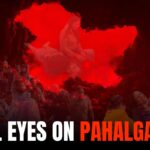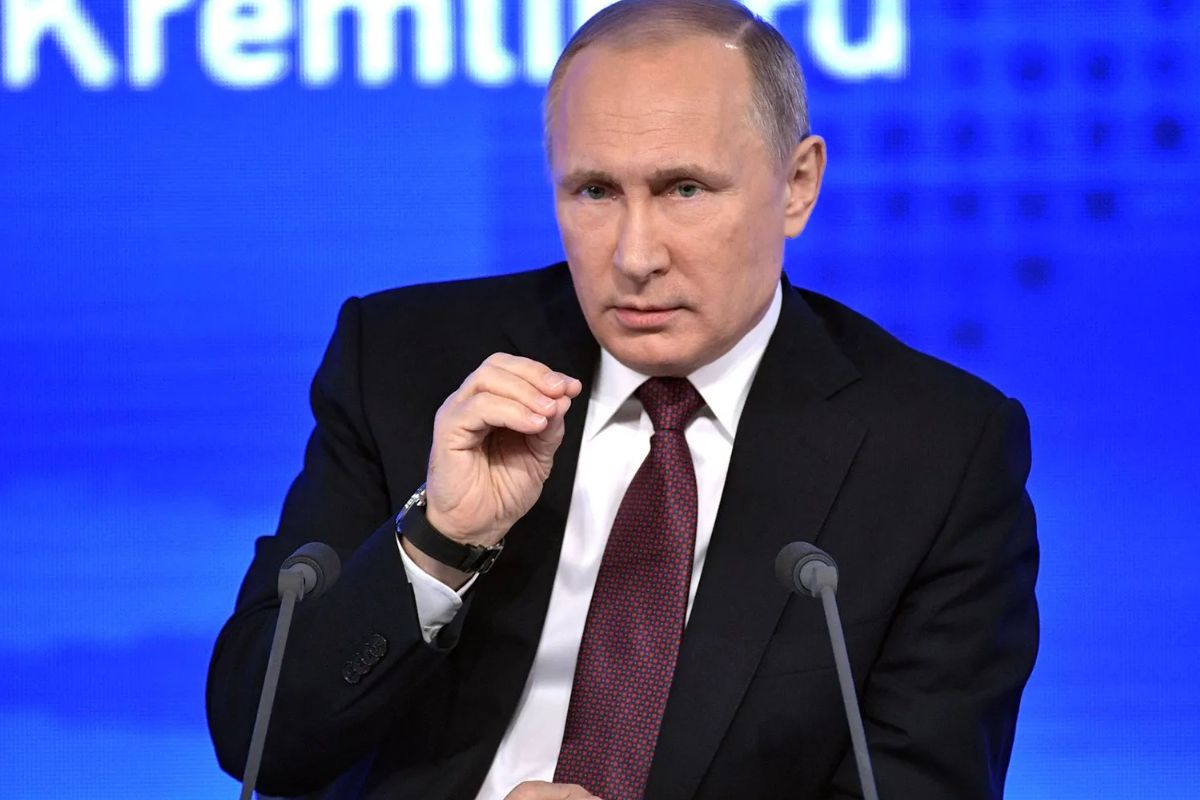


In recent years, Russia has been a focal point of global attention due to its geopolitical actions and internal governance. President Vladimir Putin News , a prominent figure in Russian politics for over two decades, has wielded significant control over the country’s media landscape. This dominance has had profound implications for Russian society, shaping public opinion, political discourse, and even individual perceptions of reality.
Table of Contents
ToggleSince assuming power nearly 25 years ago, President Vladimir Putin News has systematically curtailed independent media outlets and stifled opposition voices. His administration has enacted laws and regulations that restrict press freedoms, leading to the closure or emasculation of critical media platforms. The Kremlin’s influence over state-owned television channels has been particularly pervasive, with programming often serving as a mouthpiece for government propaganda.
Propaganda has become a cornerstone of Putin’s regime, employed not only to disseminate favorable narratives but also to suppress dissent and foster a sense of national unity. State-controlled media channels inundate viewers with a curated version of reality that reinforces the Kremlin’s agenda. This relentless messaging aims to shape public perception, portraying Russia as a resilient and prosperous nation despite economic challenges and international isolation.
Russian state media outlets employ various tactics to manipulate information and control the narrative. This includes selective reporting, distortion of facts, and outright fabrication when necessary to advance the government’s interests. By presenting a skewed version of events, the Kremlin seeks to bolster support for its policies and delegitimize opposing viewpoints.
The pervasive influence of state-controlled media has a profound impact on public opinion within Russia. Many citizens rely solely on these channels for news and information, leading to a homogenized worldview shaped by government propaganda. Critical voices are marginalized, and alternative perspectives are often suppressed, creating a climate of conformity and complacency.
The erosion of media freedom under Vladimir Putin News regime has dire consequences for democracy and political pluralism in Russia. With opposition voices silenced and dissent quashed, genuine electoral competition becomes virtually non-existent. Elections are often devoid of meaningful choices, as candidates approved by the Kremlin dominate the political landscape.
Propaganda serves as a powerful tool for authoritarian regimes like Putin’s, enabling them to manipulate public opinion and maintain control over the populace. By controlling the flow of information and shaping narratives, the government can effectively shape public perception and suppress dissent. This undermines the principles of democracy and fosters a climate of fear and misinformation.
The international community plays a crucial role in addressing the issue of media control in Russia. By shining a spotlight on the Kremlin’s manipulation of information and advocating for press freedom, global actors can help amplify the voices of independent journalists and opposition figures within Russia. Additionally, targeted sanctions and diplomatic pressure can exert leverage on the Russian government to respect media freedom and uphold democratic norms.
The pervasive control of media by the Russian government under President Putin has far-reaching implications for Russian society and democracy. Through propaganda and manipulation of information, the Kremlin seeks to shape public opinion, suppress dissent, and maintain its grip on power. Addressing this issue requires concerted efforts by the international community to support press freedom and uphold democratic values. Only by challenging media control can Russia move towards a more open and pluralistic society.
A: President Putin’s dominance over media has led to a homogenized worldview among Russian citizens, shaping public opinion through selective reporting and government propaganda.
A: Propaganda serves as a cornerstone, enabling the Kremlin to manipulate public perception, suppress dissent, and foster national unity by presenting a curated version of reality that aligns with the government’s agenda.
A: The curtailment of media freedom has led to the marginalization of opposition voices, making genuine electoral competition scarce and elections often devoid of meaningful choices as Kremlin-approved candidates dominate the political landscape.
A: Propaganda undermines democratic principles by manipulating public opinion and suppressing dissent, creating a climate of fear and misinformation that hampers open political discourse and free expression.
A: The international community can support press freedom by highlighting the Kremlin’s manipulation of information. Advocacy, targeted sanctions, and diplomatic pressure are recommended to exert leverage on the Russian government, encouraging respect for media freedom and democratic norms.

